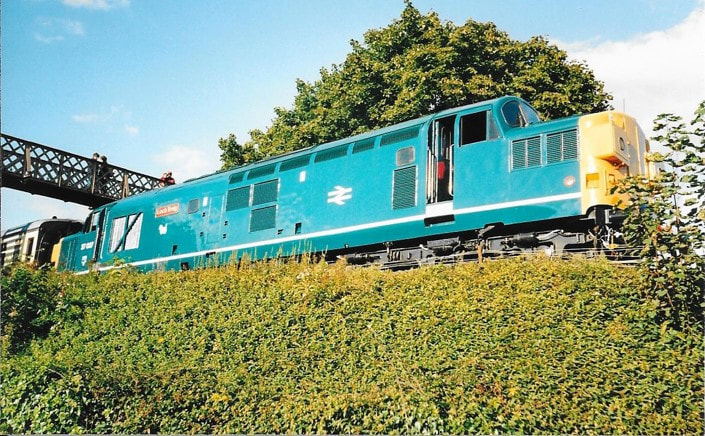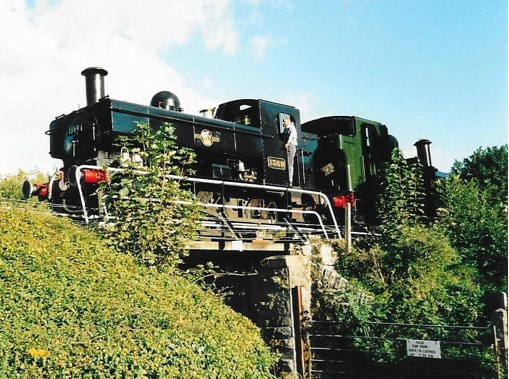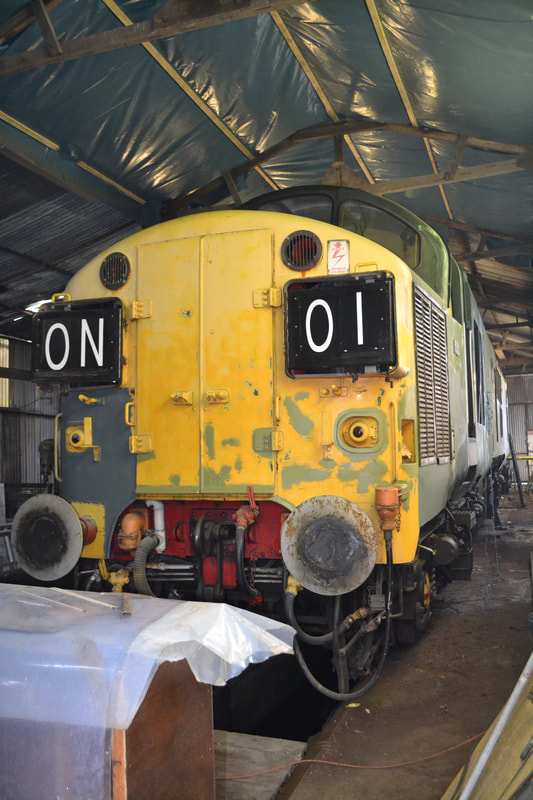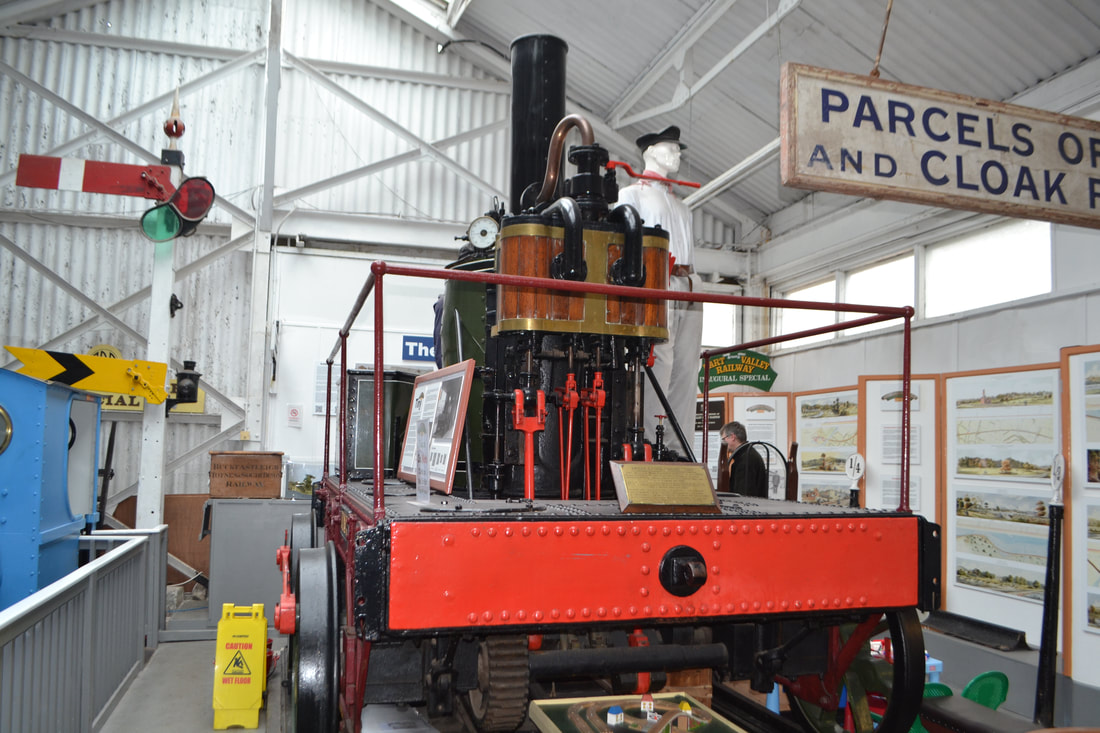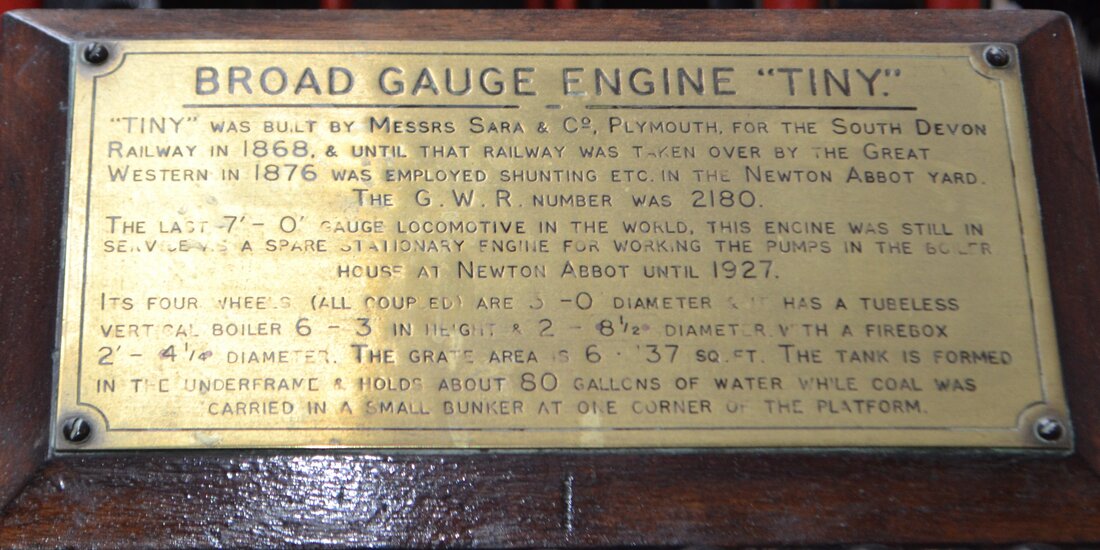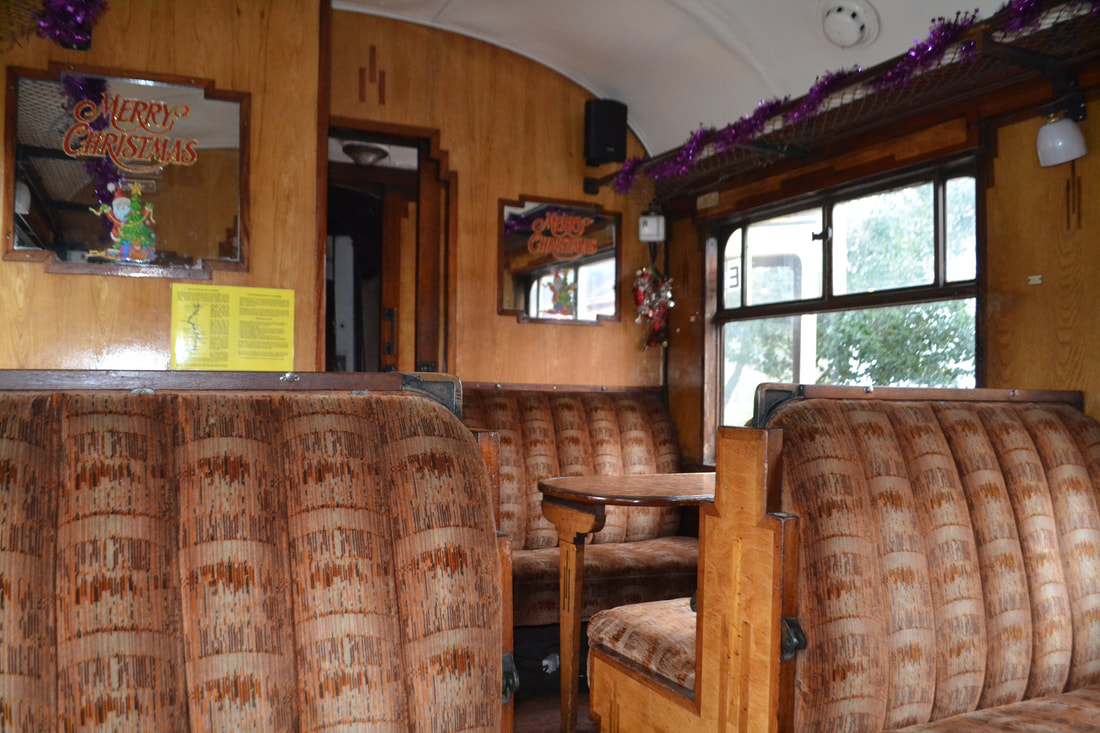Michael Forward
I had planned a visit Buckfastleigh today, however with flooding in Devon last night and three London trains being cancelled this morning it was impractical to venture to South Devon.
Michael L. Roach
The Last Trip
The last day of passenger services on the Launceston Branch finally arrived on 29 December 1962. I had planned to travel out to Launceston and back on the 6.20pm off Plymouth returning on the 8.35pm SO off Launceston due Plymouth at 10.10pm, but the weather gods had other ideas. When the Launceston and South Devon Railway opened officially on the 1 June 1865 the opening ceremony and festivities were dogged by continuous rain all day to the extent, allegedly, that such a day became known as “railway weather” in Launceston. It was not rain that dogged the last day of passenger services to Launceston via Tavistock, it was wind and snow. The wind and snow increased from lunchtime onwards until by mid-afternoon it was snowing heavily and blowing with gale force winds up to 90mph in other places in the west country; i.e a full-scale blizzard. This continued well into the evening but then declined as quickly as it had started as we shall see later.
I had spent much of the daylight hours of Saturday 29 December 1962 at Yelverton Station watching the trains pass through the snow-bound station. Because the trains were getting later and later I had travelled home from Yelverton to Plymouth by bus for my tea and to warm up. Then it was a 15 minute trudge through the deep snow to Plymouth Station arriving in good time to buy my CDR to Launceston for 7/9d (39p). At the time trains terminating and starting at Plymouth had their coaches cleaned inside and out and the tanks replenished with water at Millbay, the former terminus of the South Devon Railway on the west side of the City Centre and a former passenger station up until 1941 when it was closed after being bombed. It was just three quarters of a mile from Millbay to Plymouth North Road and there was a steep gradient between the two which would tax the small prairies when they had 10 or 12 bogies in tow as they did at times. The 6.20pm was scheduled to leave Millbay at 6.05pm and take 5 mins to North Road. If required the train would also convey vehicles on the rear for the 3.40pm Penzance to Paddington perishable train due at Plymouth 7.32 to 7.50pm.
That evening there were problems with operating points in many places with snow and ice collecting between the switch blade and the stock rail and preventing the full movement. The offending snow and ice had to brushed out manually be the railwaymen working in the appalling conditions. They deserved a medal for their dedication to duty. There were such problems at the west end of Plymouth Station, Tavistock Junction, Marsh Mills and Bickleigh. The 6.20pm took 70 ? minutes to make that short journey from Millbay to North Road, eventually arriving in the station some 65 minutes late. As the train stopped in platform 6 (itself unusual) I noted that it was 5568 with four corridor coaches, and I made my way to my favoured position in the cross corridor at the front of the first coach immediately behind the loco's bunker. I was not alone as there were other enthusiasts with the same idea. We took turns at the window which remained firmly up much of the time because of the cold, the wind and the snow blowing in. At times it was kept down a short way for the enthusiast with the tape recorder. Occasionally the window went down for a few seconds and the news was conveyed to the rest of us as to what was happening outside as the stalwart railwaymen battled to get us past the next obstacle which was mostly to do with frozen pointwork. The train departed Plymouth Station at 7.32pm (72L) and took it very easy with stops at Laira Junction home (4 mins); Laira Junction starter (15 mins); Tavistock Junction outer home (57 mins); and Tavistock Junction middle home (68 mins); finally arriving at Marsh Mills Station at 10.14 pm (228L). Here we saw the returning Launceston goods abandoned in the up platform. The 5.40pm from Launceston had travelled through the wrong platform with the attendant delays of altering the points at both ends of the loop which led to our long wait at Tavistock Junction. It eventually cleared the area and arrived at Plymouth Station 170L. Our train left Marsh Mills 231L and we proceeded gently up the Plym Valley because the driver simply did not know what was lying in wait for the train in the cuttings which could have been full of drifting snow.
A quarter mile north of Cann Viaduct we came to a halt because the brakes had come on; but after an eleven minute delay the problem was solved and we were on our way again. It was hard to believe that just 30 hours earlier I had been in almost the same spot taking photos in the then dusting of snow, but now it would be dangerous to be out in such conditions and although we did not realise it yet the wind and snow were finally starting to abate. That did not help the railwayman at Bickleigh Station battling to change the points for our train. The 7.10pm from Tavistock, consisting of 6400 with three auto coaches had been here for well over three hours waiting for the section to Marsh Mills to be cleared by the previous train and the loco was now frozen to the rails and immoveable. Our train spent 23 minutes at the home signal before it lowered and we travelled the few yards inti the platform. Six minutes were spent here at Bickleigh before leaving at 11.26pm 290 minutes late. Travel was now a bit more normal with no more major delays but the driver taking it easy because of possible snow drifts. 5568 took water at Horrabridge for which it must have been very grateful and we left the water crane by milepost 9 at 12.12am no less than 312 L. After a brief stop at Whitchurch Down we finally arrived at Tavistock South Station at 12.23.26 Note all my times were recorded to the second but have been rounded for the purposes of this article. I have only once since witnessed a train running more than 320L when I was at Truro Station about 30 years later and the orange display box told passengers that the last down Cross Country train of the previous day from Glasgow/Edinburgh to Penzance was about to appear more than 700 minutes late. The train had been the scene of a murder somewhere on the WCML in the Cumbrian Fells and had been impounded by police until all passengers had been interviewed when it was allowed to proceed on its way.
No photographs were taken on this trip.
MLR / 30 December 2022
Roger Winnen
Paul Negus
I just wanted to note that the Grouping officially took place today in 1923 under the Railways Act 1921. The Great Western Railway managed to keep its name of course but the Southern Railway came into existence on that day and the London & South Western Railway ceased to exist. What a change the railways have seen over those 100 years!
I would also like to echo your appreciation of Michael's very detailed recording of the last days of the Launceston Branch with such evocative photographs. Aren't we lucky to have such a treasury of memories from your contributors?
All the best for 2023, Paul Negus
Michael Roach.
Totnes
A spokesman for GWR said the trains services will be cancelled until Network Rail engineers can investigate the cause of the flooding at Totnes train station and sort out the problem. The spokesman said Network Rail will look at the issue this morning (Sunday, January 1, 2023) and warned passengers not to travel at all today.
